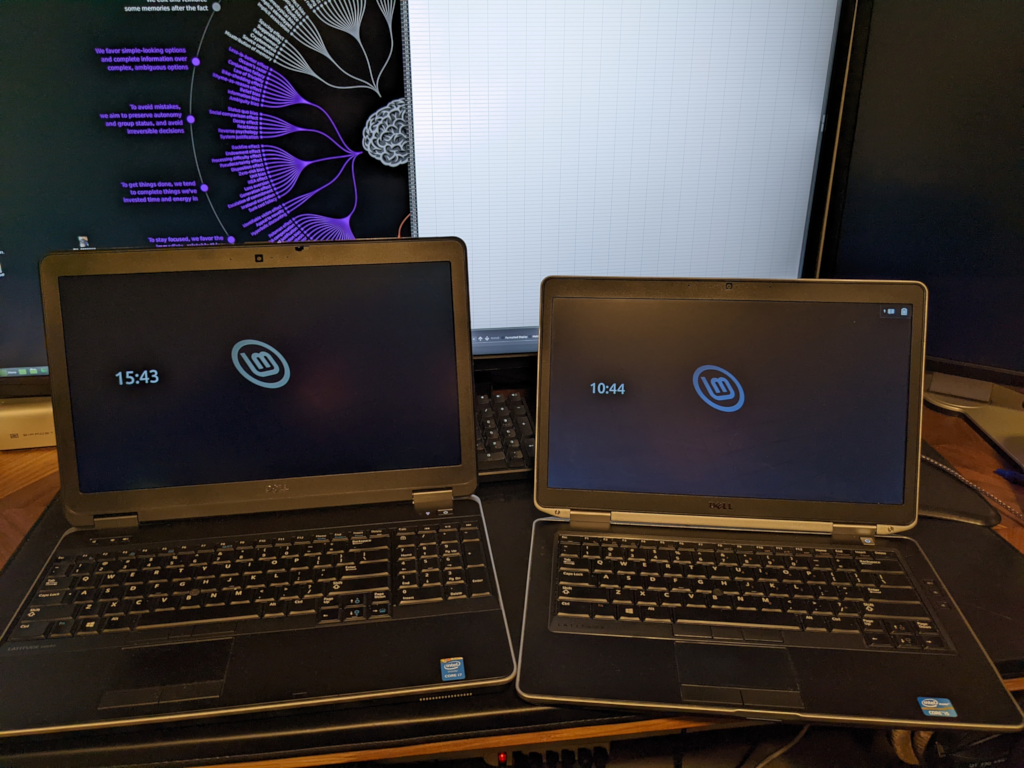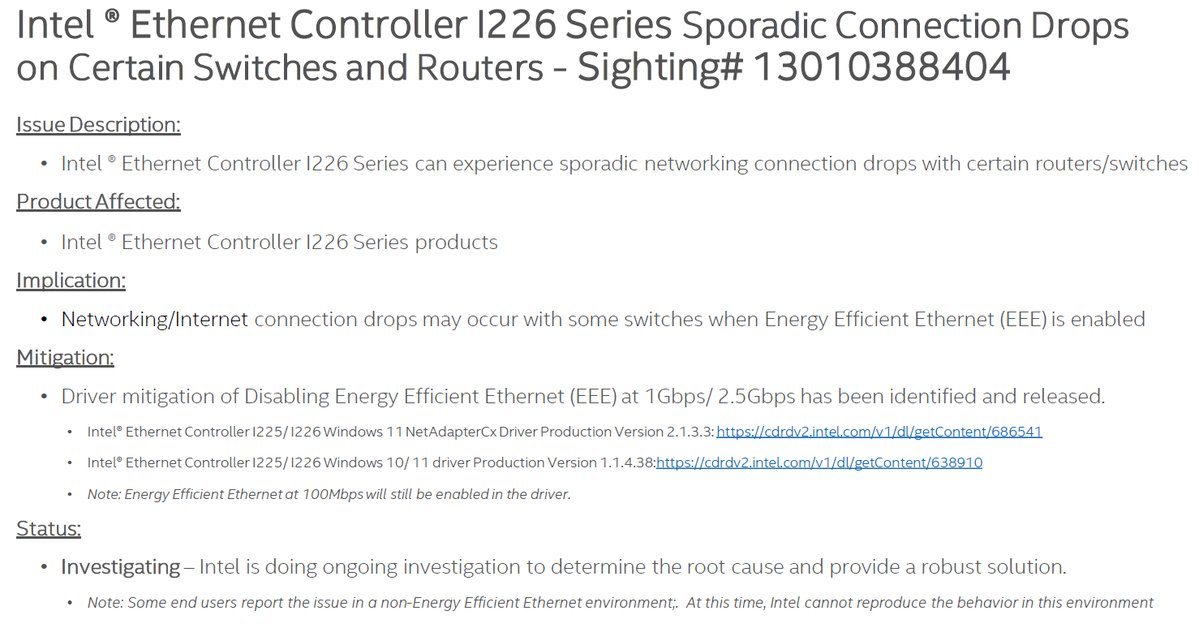Zarathustra[H]
Extremely [H]
- Joined
- Oct 29, 2000
- Messages
- 38,875
im at the point of looking at 25g switches myself. id rather go that route then getting a 40g switch. But they are still expensive but id also like to learn ONIE.
Yeah. 40g is a dead end. This is an expensive hobby so I try to take small bits at a time. Since the NIC's are supposed to be backwards compatible, and I can benefit from a 25gig direct link instantly using fiber I've already run, getting two of them, one of the server and one for the workstation seems like the way to go.
Then when I upgrade the switch down the line, it will bump up the switched traffic to 25gig as well!
Mikrotik doesn't have SFP28 models yet though, and the other ones are a little bit too rich for my blood at this point.
![[H]ard|Forum](/styles/hardforum/xenforo/logo_dark.png)

